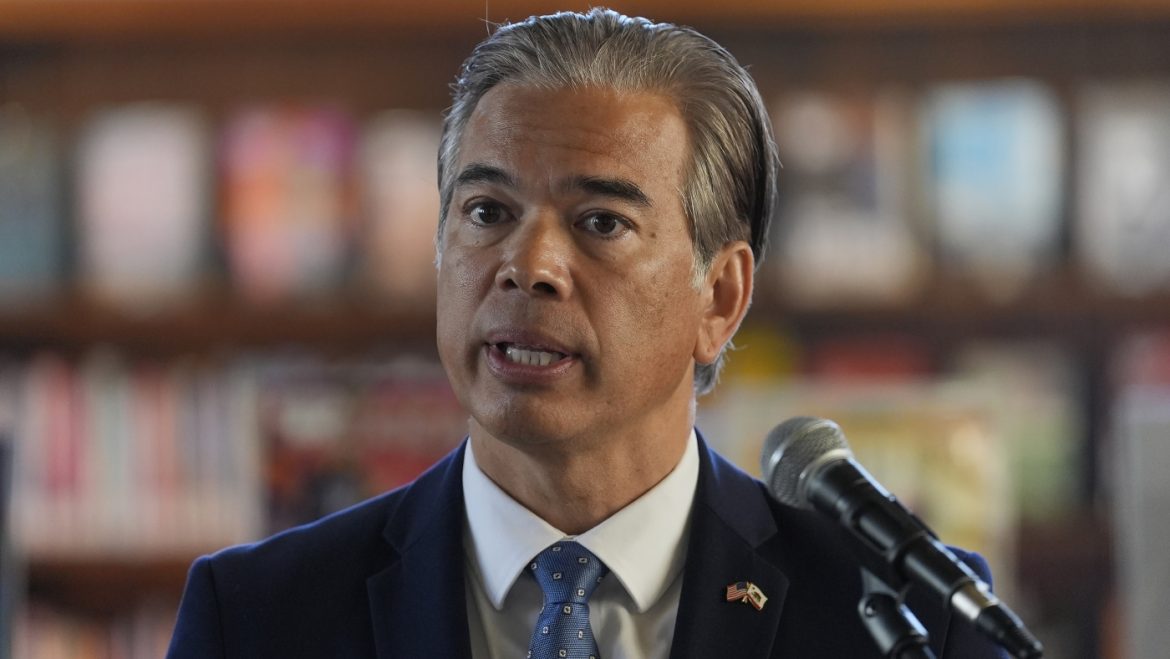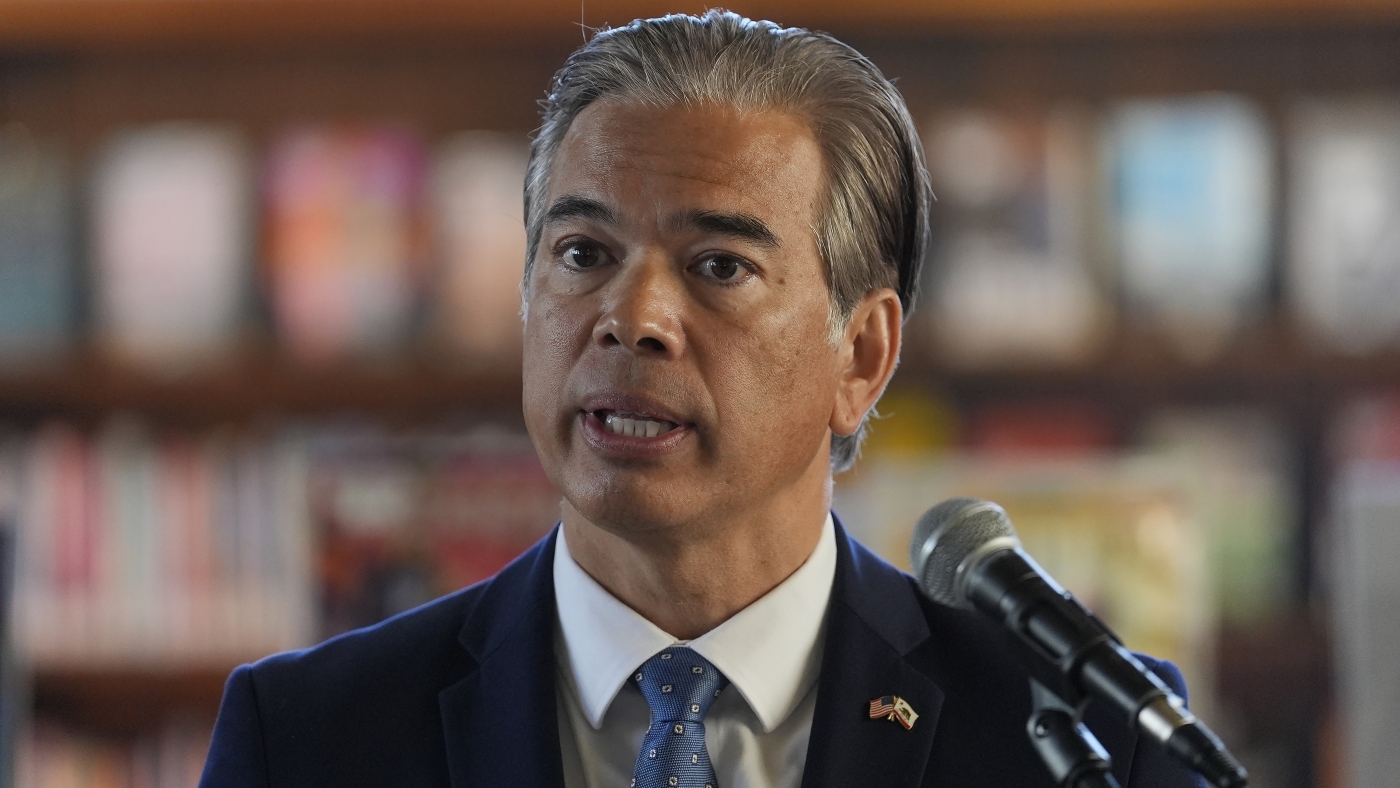The Medicaid Data Breach: States Confront the Trump Administration
The controversy surrounding the alleged unlawful sharing of sensitive Medicaid data with the Department of Homeland Security (DHS) has escalated into a significant legal and ethical debate. Twenty states, led by California, have taken legal action against the Trump administration, asserting that the transfer of personal health records to DHS, which oversees Immigration and Customs Enforcement (ICE), violates federal privacy laws and undermines public trust. This dispute raises critical questions about the ethical use of personal health information, the potential chilling effect on immigrant communities’ access to healthcare, and the boundaries of executive power.
Unveiling the Data Transfer: A Breach of Trust?
The lawsuit centers on the claim that the Department of Health and Human Services (HHS) transferred Medicaid data files, containing the personal health records of millions, to DHS. This transfer, revealed in June 2025, has been described by the suing states as a violation of federal privacy laws and an overreach of executive authority. Historically, states have shared Medicaid data with the federal government for administrative purposes, but the states argue that this information has always been handled confidentially and never intended for immigration enforcement. The Trump administration’s decision to share this data with DHS, an agency involved in immigration enforcement, has fundamentally altered the trust between states, the federal government, and Medicaid recipients.
The revelation of this data transfer through news reports, rather than official channels, has further fueled concerns about transparency and accountability. The lack of public disclosure raises questions about the administration’s motives and its commitment to protecting privacy rights. The states argue that the transfer was not only unauthorized but also arbitrary and capricious, failing to follow proper rulemaking procedures and provide adequate notice for public comment.
Legal Challenges: Privacy Laws and the Constitution
The lawsuit is built on several legal arguments. First, it alleges violations of federal privacy laws, including the Health Insurance Portability and Accountability Act (HIPAA), which protects sensitive health information. The states contend that the transfer of Medicaid data to DHS without proper authorization constitutes an illegal disclosure of protected information. Second, the lawsuit raises constitutional concerns, asserting that the Trump administration’s actions exceed its constitutional authority and infringe upon the states’ rights to administer their own healthcare programs. The states argue that the federal government is coercing them into participating in immigration enforcement by threatening to withhold federal funding or other resources.
Finally, the lawsuit asserts that the data transfer violates the Administrative Procedure Act (APA) by failing to follow proper rulemaking procedures and provide adequate notice and opportunity for public comment. The states argue that the Trump administration acted arbitrarily and capriciously in making this significant policy change without considering its potential impact. The legal challenges highlight the tension between federal and state authority and the need for clear guidelines on the use of sensitive data.
The Human Cost: Fear and Deterrence
Beyond the legal arguments, the states emphasize the profound human cost of the data transfer. They argue that the administration’s actions will likely instill fear within immigrant communities, discouraging individuals from seeking necessary medical care. This chilling effect could have severe consequences for public health, leading to increased rates of infectious diseases and other preventable health problems. The states point to the potential for ICE to use the Medicaid data to identify and target undocumented immigrants for deportation. This fear, they argue, will drive individuals underground, making it more difficult to provide them with essential healthcare services and further marginalizing vulnerable populations.
Attorney General Tong explicitly stated that the Trump administration is using this data transfer to bully immigrant families away from seeking healthcare, ultimately making all of us less healthy and less safe. The human cost of this policy underscores the importance of protecting privacy rights and ensuring access to healthcare for all individuals, regardless of their immigration status.
The Broader Implications: Data Security and Governmental Overreach
The lawsuit also raises broader concerns about data security and governmental overreach. The states argue that the Trump administration’s actions set a dangerous precedent, potentially opening the door for the government to access and misuse other types of sensitive personal data. This could have a chilling effect on individuals’ willingness to share information with government agencies, even when doing so is essential for public health or safety. The fact that the data transfer was discovered through news reports, rather than through official channels, further underscores the lack of transparency surrounding the administration’s actions. This lack of transparency raises questions about the administration’s motives and its commitment to protecting the privacy rights of individuals.
The broader implications of this case extend beyond Medicaid data. The lawsuit fits into a broader pattern of actions by the Trump administration targeting immigrant communities and expanding the reach of immigration enforcement. Other controversies include the administration’s DNA collection from immigrants, which has also sparked legal challenges. Additionally, there have been clashes over attempts to link federal grants to immigration enforcement, leading to further lawsuits from state attorneys general. These actions collectively paint a picture of an administration willing to push the boundaries of its authority to pursue its immigration agenda, even at the expense of privacy rights and public health.
States Standing Firm: A United Front
The coalition of twenty states suing the Trump administration represents a diverse cross-section of the country, united by their shared concern for privacy rights and the well-being of their residents. Led by California, these states are sending a clear message that they will not stand idly by while the federal government overreaches its authority and threatens the health and safety of their communities. This multi-state lawsuit demonstrates the power of states to act as a check on federal power and to protect the rights of their citizens. By challenging the Trump administration’s actions in court, these states are reaffirming their commitment to the principles of privacy, due process, and equal protection under the law.
The states’ willingness to stand up and challenge the Trump administration’s actions sends a powerful message: that privacy rights are worth fighting for, and that the health and well-being of all members of our communities, including immigrants, must be protected. The outcome of this case will have significant implications for the relationship between states and the federal government, the rights of immigrant communities, and the protection of sensitive personal data. Regardless of the court’s ultimate decision, the states’ actions serve as a vital case study for future administrations and legal scholars, highlighting the importance of transparency, accountability, and the protection of privacy rights in the digital age.


